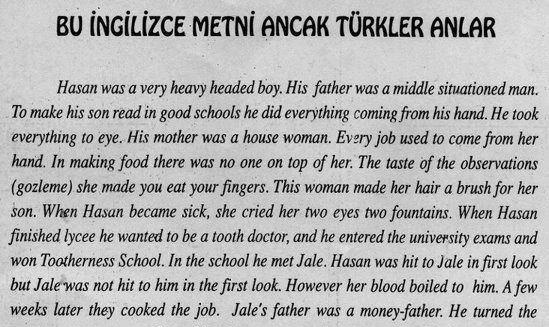Literal translation
100% satisfaction guarantee

Uh oh…
Literal translation is without a doubt one of the biggest no-nos of the industry. Committing this error shows an obvious lack of knowledge of the target language. It is a clear indication that you have some work to do in order to show your pedigree as a professional language specialist.What is literal translation?
It is a kind of translation that occurs when someone translates the source language “word-for-word” into the target language, like for fun in here. When this is done, meanings are left obscured and in some cases, totally unintelligible. Some examples might be:- (A crude example) Translating the German word “kindergarten” into “children garden”.
- (A more realistic example) Translating an idiom word for word and causing the target language to become meaningless. The idiom, “carrot and stick,” would probably sound absurd when translated into almost any other language.
From poetry to prose
Another type of literal translation happens when translating poetry or prose. In this case, the error occurs when one translates accurately and grammatically correct, but makes little or no attempt to convey the spirit of the source text. The translations are correct, technically, but are dry or fail to encapsulate the style of the original.Avoiding literal translation
In order to avoid this unfortunately all too common failure, Copypanthers recommends the following tips:- Know your source and target languages: Don’t misrepresent yourself and say you can do something you cannot. It will show.
- Know your strengths and weaknesses: If you specialize in a certain industry or area, don’t overstretch yourself. No one can be a pro in every single industry so stick to your comfort zones.
